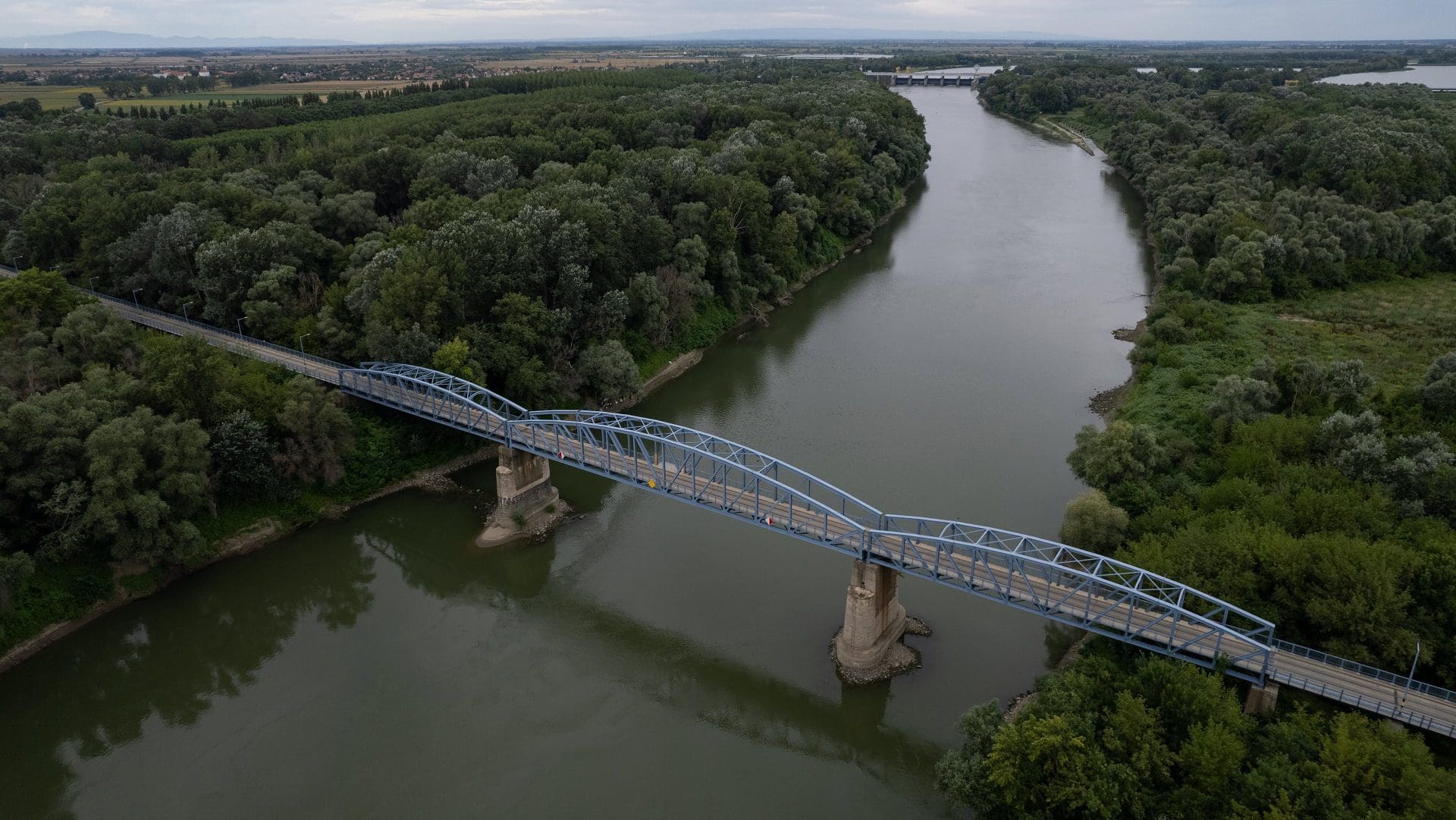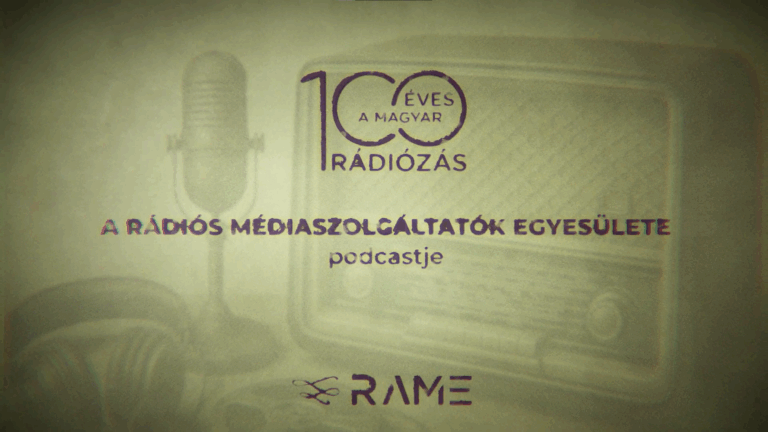Hundreds of volunteers descended on the Tisza River again in Eastern Hungary to take part in the effort to rid the river and its surroundings of the ever-so-pervasive garbage contamination. While this is a communal effort, there is also individual achievement: whichever team collects the most garbage gets the first prize in the 11th annual Plastic (PET) Cup.
The initiative started back in 2013, after founder Attila Dávid Molnár heard from his friend Tibor Fekete that he had peddled down the Tisza River in a raft entirely made out of plastic bottles. His original idea was to make a whole fleet of plastic bottle rafts, ride them down on Tisza, and film the whole adventure for a documentary. He managed to do all that thanks to a grant he got from the Hungarian Media Council. This stunt grew into the annual litter-picking competition, but the tradition of floating down the Tisza on rafts made out of plastic bottles remained—it was a fixture in this year’s competition as well.
A competition which proved to be very successful, as
6.1 metric tonnes of garbage were removed from the Tisza and its banks this year alone.
Accumulatively, 328 metric tonnes of litter were picked by volunteers over the course of the 11 competitions held so far.
The team of volunteers from Siemens Energy company ended up taking the first prize, the ‘Hero of Tisza Award’, in the latest contest. They managed to beat out the competition by collecting 254 bags of garbage, while the entire field turned in a combined 937 bags. About 70 kilometres (44 miles) of the river was covered in this year’s competition, between the towns of Kisköre and Szolnok. The event was sponsored by the Hungarian Ministry of Energy.
Több mint 900 zsák hulladéktól tisztult meg a Tisza középső szakasza | Több mint 900 zsák hulladéktól tisztult meg a Tisza középső szakasza és ezt nektek köszönhetjük! 💙💙💙 Siemens Energy, Siemens Evező-SÖK, Közép Tisza… | By PET Kupa | Facebook
Több mint 900 zsák hulladéktól tisztult meg a Tisza középső szakasza és ezt nektek köszönhetjük! 💙💙💙 Siemens Energy, Siemens Evező-SÖK, Közép Tisza…
Even one of the largest international news agencies, the Associated Press covered the event. In their reporting, they quote competition director Tamás Zsolt, who stressed the global connotations of the local Hungarian effort, saying:
‘The biggest source of global waste pollution is rivers. The waste comes down the rivers, through the seas and into the ocean, where currents form it into big islands. If we can prevent this global problem on the rivers, then less will enter the oceans. Prevention, solving it at the beginning of the pipeline is the best. If it doesn’t get into the Tisza, then we have nothing to pull out.’
Related articles:








